As Easter approaches, one of the main jobs I will be doing on the farm is putting fertiliser on the fields. We grow three different kinds of crops: grass, maize and beet; but the farm operates mainly as a dairy farm and what we harvest goes towards feeding our 130 head of cattle.
During the winter, we use grass as a cover crop on our fields and harvest it once before mainly planting maize as a summer crop. This means we apply fertiliser early on in the year for it to be effective for the first cut, usually planned for the second half of April.
The farm produces around 1.15m litres of milk (4.6% fat and 3.3% protein) per year. We also co-operate with fellow farmers in Flanders, the part of northern Belgium where we are based, in processing milk through the Milcobel co-operative.
Aside from the usual tasks of milking, feeding and taking care of the cows, another item on the agenda in the coming days is a discussion with the bank about an investment plan for next year. It promises to be a difficult meeting in more ways than one.
My brother works full-time on the farm and my father and I are part-time. I am lucky in the sense that working in partnership with my family allows me also to focus on my duties as president of CEJA, the European Council of Young Farmers, for which I regularly travel to Brussels or further afield.
This week at CEJA I will be attending a forum on the future of agriculture, the milk market observatory organised by the European Commission and making preparations for our board meeting that will take place in early April.
Balance
While it is at times challenging to balance working on the farm and being the president of CEJA, I think it is important that young farmers are represented at EU level. I, and my fellow board members, also young farmers from around Europe, aim to provide a link between policymakers and how agricultural procedures are implemented on the ground.
In terms of the future CAP, for example, we are advocating for a strong allocation of the CAP budget in the next Multiannual Financial Framework (MFF) to show farmers that they are still considered an important asset to the EU.
Concerning how the future CAP will be delivered on a practical level, more risk management tools, strong support for young farmers and a clear definition of who is an active farmer are needed.
My fellow Flemish farmers, like many across Europe and the world, feel that economic uncertainty is a major issue in the agricultural sector. Societal pressure can also be hard to cope with, particularly in terms of people’s attitudes towards food production, and farmers as a result.
There will always be challenges to face, but the young people who are trying to make a go of it as farmers are generally passionate about what they do. Love of farming is certainly what has kept me going, and being president of CEJA allows me to try to make a difference to the lives of young farmers at the level where agricultural policies are elaborated.





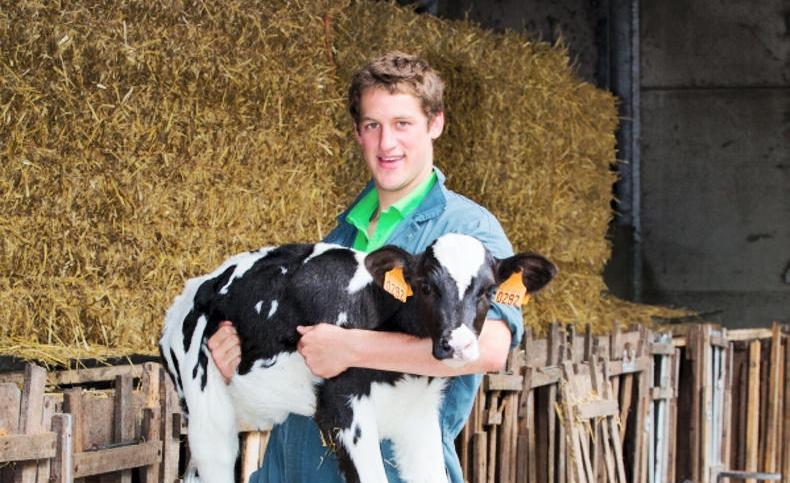
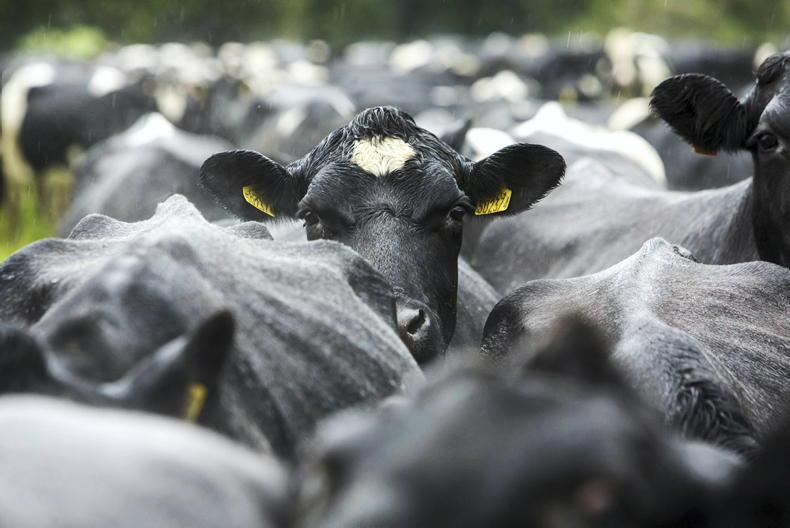

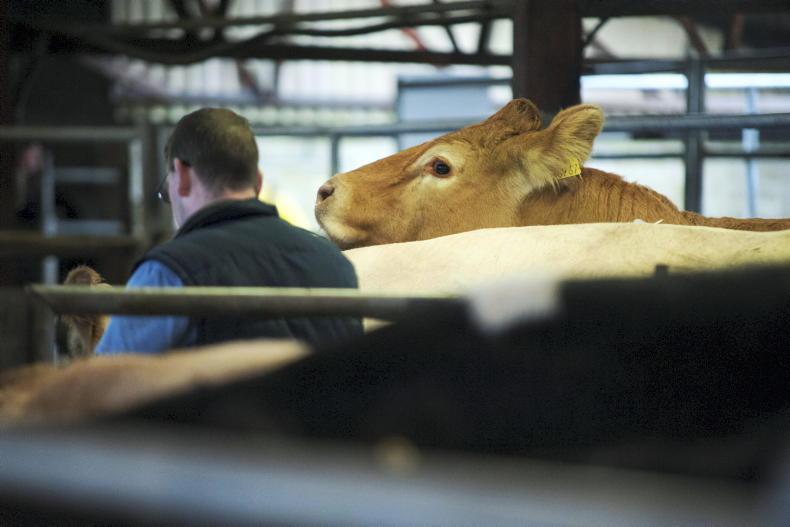
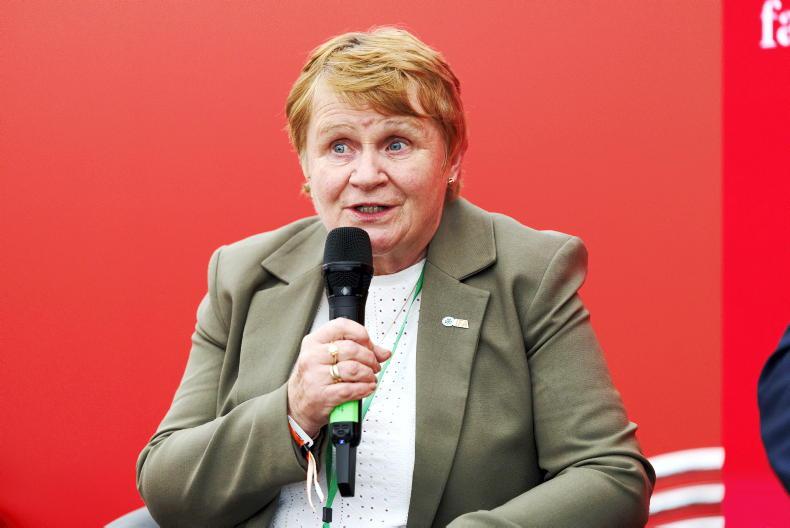
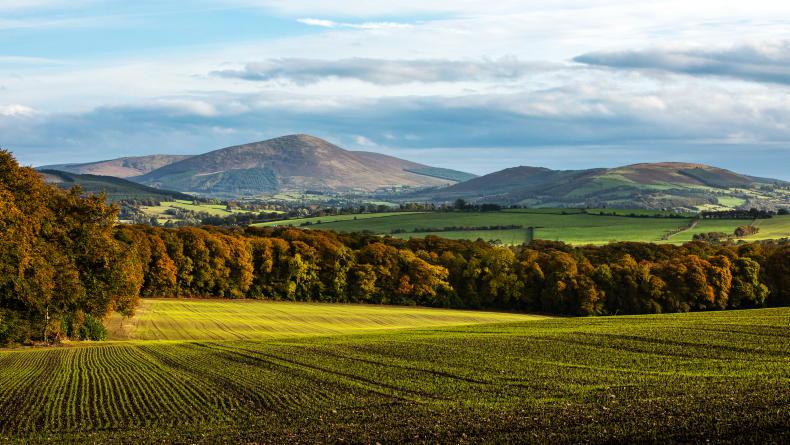
SHARING OPTIONS